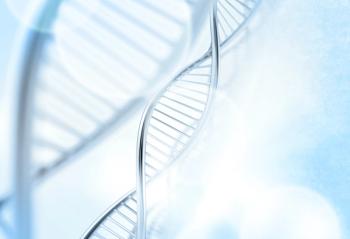
Japan: Denial of Hikikomori Could Hinder Relief Efforts
The current situation in Japan has been called the worst crisis in the country since World War II. Relief effort organizations are urged to take hikikomori seriously when planning strategies to help the victims of the recent disasters in Japan.
The current situation in Japan has been called the worst crisis in the country since World War II. The recent 9.0 magnitude earthquake, tsunami, and repeated aftershocks, in addition to the ongoing problems and concerns with radiation exposure in the Fukushima region, have led to thousands of deaths, thousands more missing, and hundreds of thousands of families displaced from their homes. An unknown number of individuals and families are now dealing with fears of radiation poisoning, the devastating aftermath of losing loved ones, losing their homes, and in many cases losing their entire community.
As national and international organizations mobilize to respond to the medical and psychiatric needs in Japan, mental health workers involved in the relief effort are probably considering what pre-existing factors are relevant for effectively treating people in the aftermath of such destruction.
I had the opportunity to complete a travel fellowship in Osaka in 2006 and while I feel much that has been said about assisting the Japanese people with trauma-related psychiatric concerns has been reasonable, I believe there needs to be some attention paid to what is still a high controversial topic, hikikomori.
In the early 1990’s, hikikomori--an extreme form of social isolation--was identified in Japan and began to be discussed in the international media. This word, which means “withdrawal” in Japanese, was used to describe many forms of social isolation; however the Japanese Ministry of Health, Labor, and Welfare created a definition of hikikomori that included the following:
•The person remains at home and does not take part in society
•The person has little interest and does not participate in school or work
•The person does not have close relationships other than with family
•The withdrawal is not a symptom of a psychotic disorder
•The above symptoms have occurred for at least 6 months.
Although there is very little published data on the subject, researchers in the 1990’s had initially estimated over a million people had hikikomori, resulting in the phrase “the missing million.” Whether hikikomori refers to an extreme form of social withdrawal or social anxiety disorder or whether it represent a cultural bound syndrome, I would urge any mental health professionals involved in the relief effort in Japan to consider hikikomori as a real problem with potential consequences to any sustained effort to help the Japanese people.
I took an interest in this topic while I was working in Osaka and afterward. In addition to my personal experience in Japan, I spoke with many patients receiving psychiatric services, interviewed psychiatrists and researchers in Japan, and the message I got was that hikikomori is a real phenomenon. The notion of hikikomori as a new psychiatric disorder is still very controversial, and it could be argued that this is a form of social anxiety disorder or avoidant personality disorder.
I met many patients who had spent months and sometime years isolating themselves in their rooms while their families took care of them. Often the only reason they sought out psychiatric services is because their families were unable to financially support the isolated individual. To this day, I have never repeatedly seen so many cases of such severe social withdrawal as I did in Japan.
New terms for psychiatric phenomenon are often met with harsh skepticism in the American psychiatric community. However, people suffered with postpartum depression and seasonal affective disorder well before these disorders were formally recognized by the psychiatric community at large. I urge relief effort organizations to take hikikomori seriously when planning strategies to help the victims of the recent disasters in Japan.
Newsletter
Receive trusted psychiatric news, expert analysis, and clinical insights — subscribe today to support your practice and your patients.







